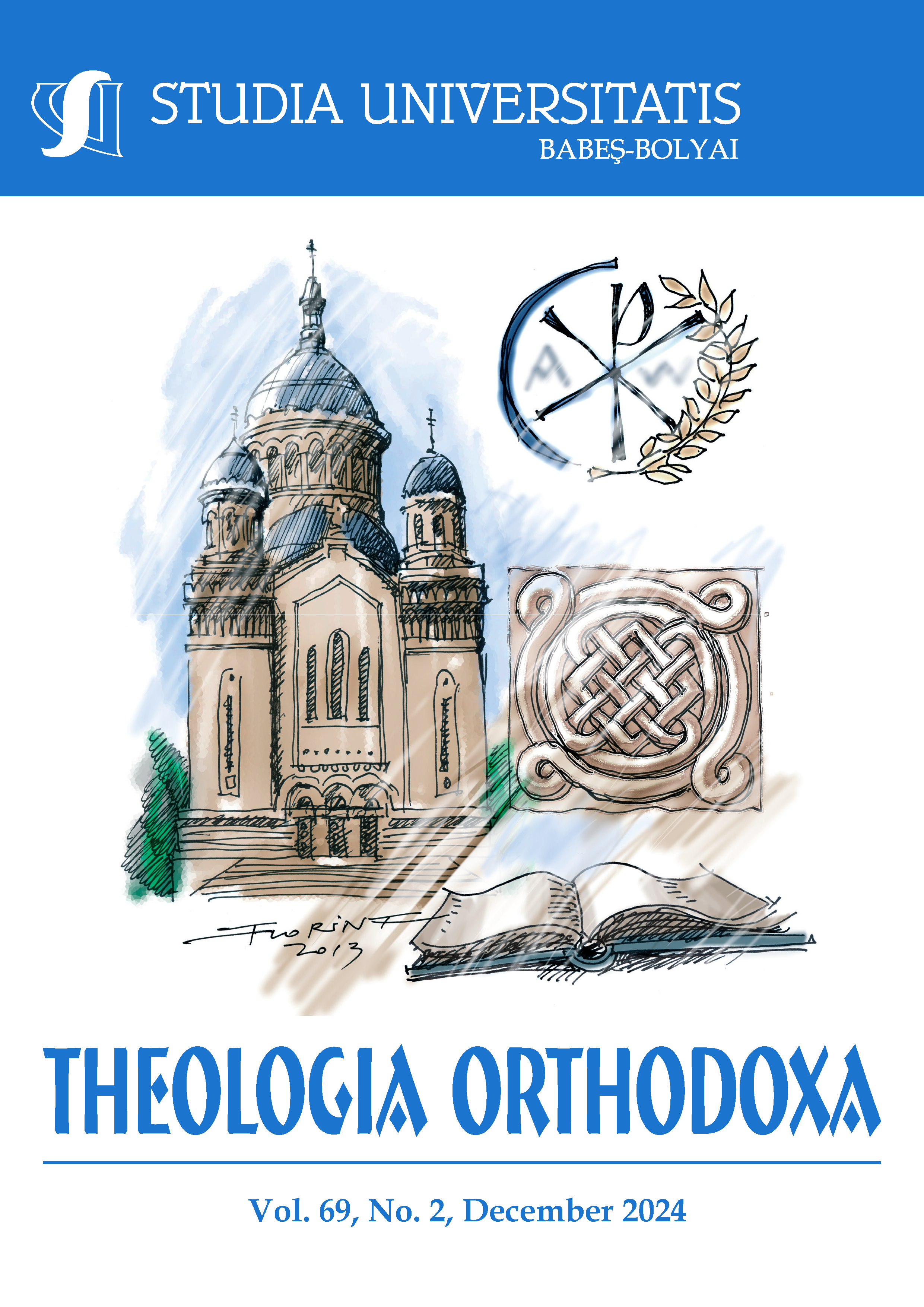“Get Up and Heal Yourself!” Self-Enhancement Technologies and Sanctification
DOI:
https://doi.org/10.24193/subbto.2024.2.02Keywords:
Self-enhancement, quantification, self-sanctification, Christian anthropologyAbstract
This paper critiques the use of self-enhancement technologies through the lens of sanctification, avoiding a simplistic binary between affirmation and rejection. It examines the cultural fascination with self-tracking and optimization tools, which promise physical, mental, and spiritual improvement. By contrasting these technologies with theological concepts, the paper raises critical questions about their anthropological and spiritual assumptions. It highlights how these technologies perpetuate a reductionist view of the human self, rooted in data-driven self-regulation. The paper also critiques similarities between self-enhancement and transhumanist aspirations, pointing to their shared emphasis on control, efficiency, and self-perfection.
A Christian theological response is proposed, emphasizing the transformative process of sanctification as an alternative to the performance-oriented paradigm of self-optimization. By engaging critically with the promises and limitations of self-enhancement tools, the paper advocates a nuanced understanding of human flourishing that respects the mystery and relationality inherent in Christian anthropology.
References
Biehl, Michael. “Believing in a Secular Way: A West-German Perspective.” In Mission in Secularised Contexts of Europe: Contemporary Narratives and Experiences, edited by Marina Ngursangzeli Behera, Michael Biehl, and Knud Jørgensen, 62–73. Oxford: Regnum, 2018.
Clark, Christopher. Revolutionary Spring: Fighting for a New World 1848–1849. London et al.: Penguin, 2023.
Felder, Matthias. Christliches Leben und die Verbesserung des Menschen: Enhancement und Heiligung bei Calvin (Theologische Bibliothek Töpelmann, 197). Berlin, Boston: de Gruyter, 2022, 17–23.
Foucault, Michel. Die Geburt der Biopolitik: Geschichte der Gouvernementalität, 2. Vorlesung am Collège de France 1978–1979. Edited by Michel Sennelart. Frankfurt/ M.: Suhrkamp, 2006.
Fuchs, Thomas. Verteidigung des Menschen: Grundfragen einer verkörperten Anthropologie. Frankfurt/M.: Suhrkamp Verlag, 2020.
Fuchs, Thomas. “Menschliche und künstliche Intelligenz: Eine Klarstellung.” In Verteidigung des Menschen: Grundfragen einer verkörperten Anthropologie, 21–70. Frankfurt/ M.: Suhrkamp, 2020.
Gabriel, Markus. Warum es die Welt nicht gibt. Berlin: Ullstein, 2013.
Harari, Yuval Noah. Homo Deus: A Brief History of Tomorrow. London: Vintage, 2017.
Hellsten, Sirkku K. “The ‘Meaning of Life’ during a Transition from Modernity to Transhumanism and Posthumanity.” Journal of Anthropology, 2012, Article ID 21068. doi:10.1155/2012/210684.
Kahle, Isolde. “Religion am Ende?” Deutsches Pfarrerinnen- und Pfarrerblatt 124 (2024): 591–596.
Mildenberger, Friedrich. Grundwissen der Dogmatik: Ein Arbeitsbuch. Stuttgart et al.: Kohlhammer, 1982.
Mämecke, Thorben. Das quantifizierte Selbst: Zur Genealogie des Self-Trackings (Digitale Gesellschaft, 34). Bielefeld: Transcript, 2021.
Onduku, Andrea. A Contribution to the Discussion on Theologically Motivated Digital Mission among Children. London: Spurgeon’s College, School of Arts, Languages and Cultures, 2023. Online access.
Sovijärvi, Olli, Teemu Arina, and Jaakko Halmetoja. Biohacker’s Handbook: Upgrade Yourself and Unleash. Kustantaja: Biohacker Center BHC Inc, 2019.
Taylor, Charles. The Secular Age. Cambridge, MA: The Belknap Press of Harvard University Press, 2007.
„Zahlen, Daten, Fakten: Fitness-Hardware und -Apps.“ c’t Issue 2 (2024): 112–113.
Downloads
Published
How to Cite
Issue
Section
License
Copyright (c) 2024 Studia Universitatis Babeș-Bolyai Theologia Orthodoxa

This work is licensed under a Creative Commons Attribution-NonCommercial-NoDerivatives 4.0 International License.


